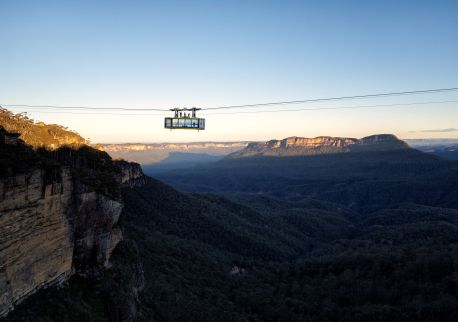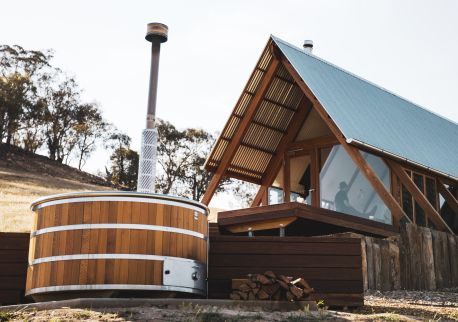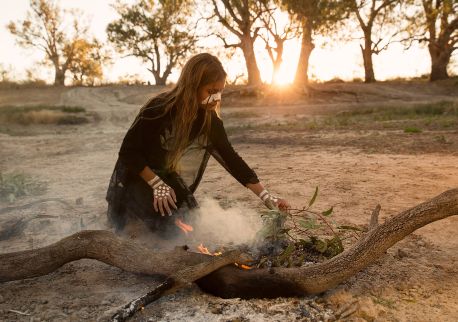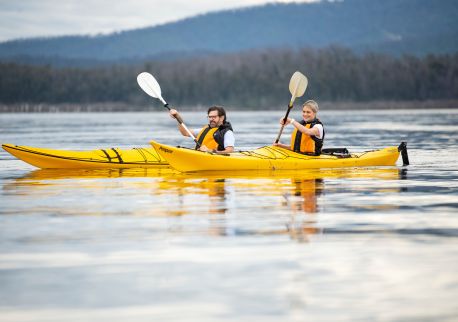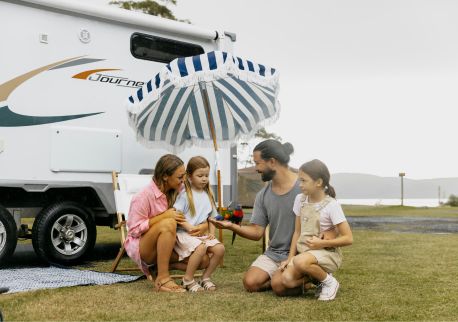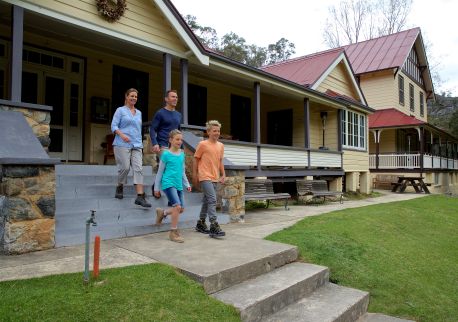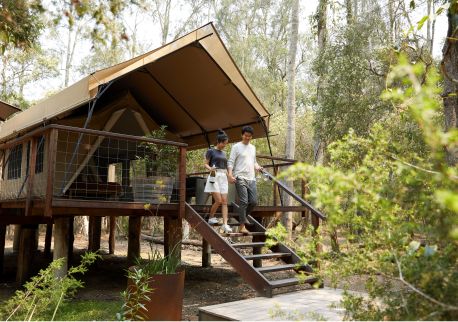Alpaca Meet & Greet
Overview
Embark on an unforgettable adventure on the Central Coast as you indulge in an Alpaca Meet & Greet. Immerse yourself in the world of these gentle creatures and create lasting memories that will warm your heart.
Your Alpaca Encounter Highlights:
Meet Their Magnificent Alpaca Herd: Step into a world of wonder as you get acquainted with their remarkable herd of over 100 alpacas.
Educational Interaction: Delve into the captivating world of alpacas during this one hour immersive experience, hand-feeding their alpacas. Their team will be on hand to provide fascinating insights about the alpaca's behaviours and characteristics. Just ask their friendly team any questions may have.
Cuddles and Connection: Discover the joy of cuddles and neck rubs from the affectionate alpacas. Capture picture-perfect moments with these photogenic companions – don't forget to bring your camera!
Experience Details:
Schedule: 12:30pm from Friday to Sunday, with daily sessions during NSW school holidays. For group bookings of 10 or more, appointments are available on weekdays. Please contact them directly for group arrangements.
Sunday special extended hours. Stay as long as you like during their Sunday extended tour hours.

